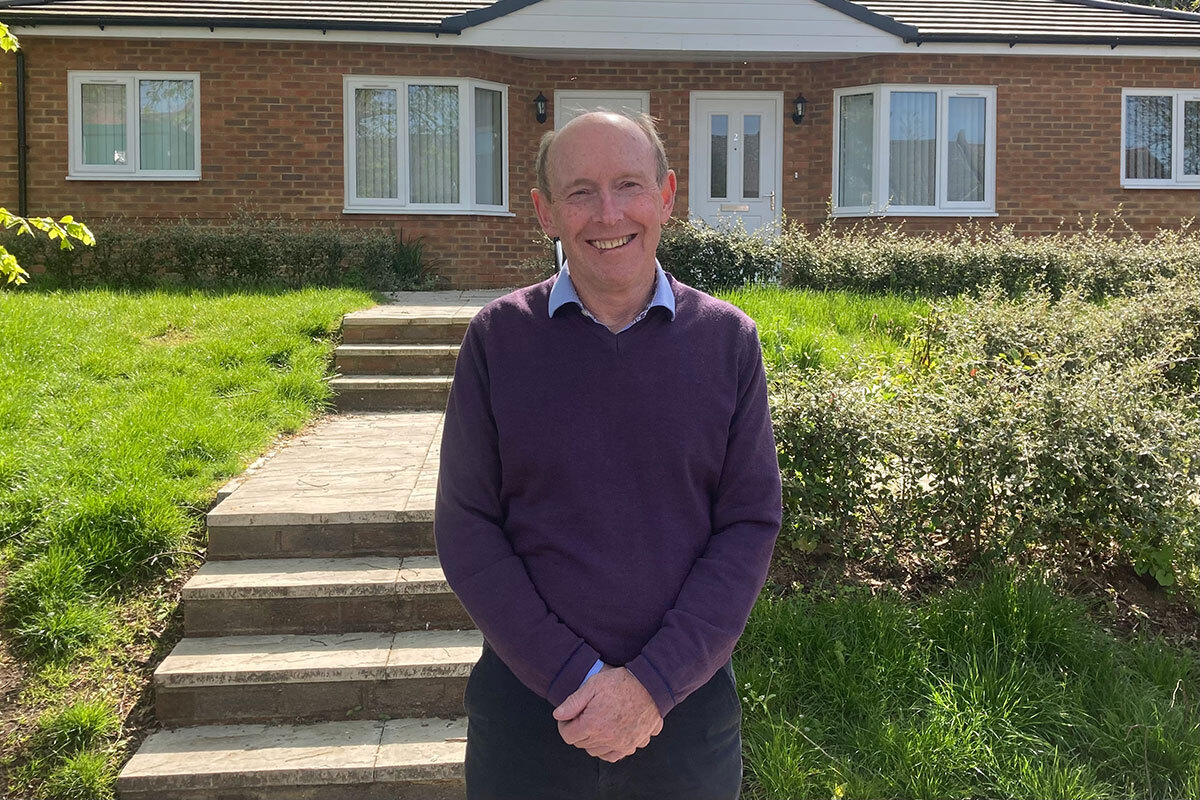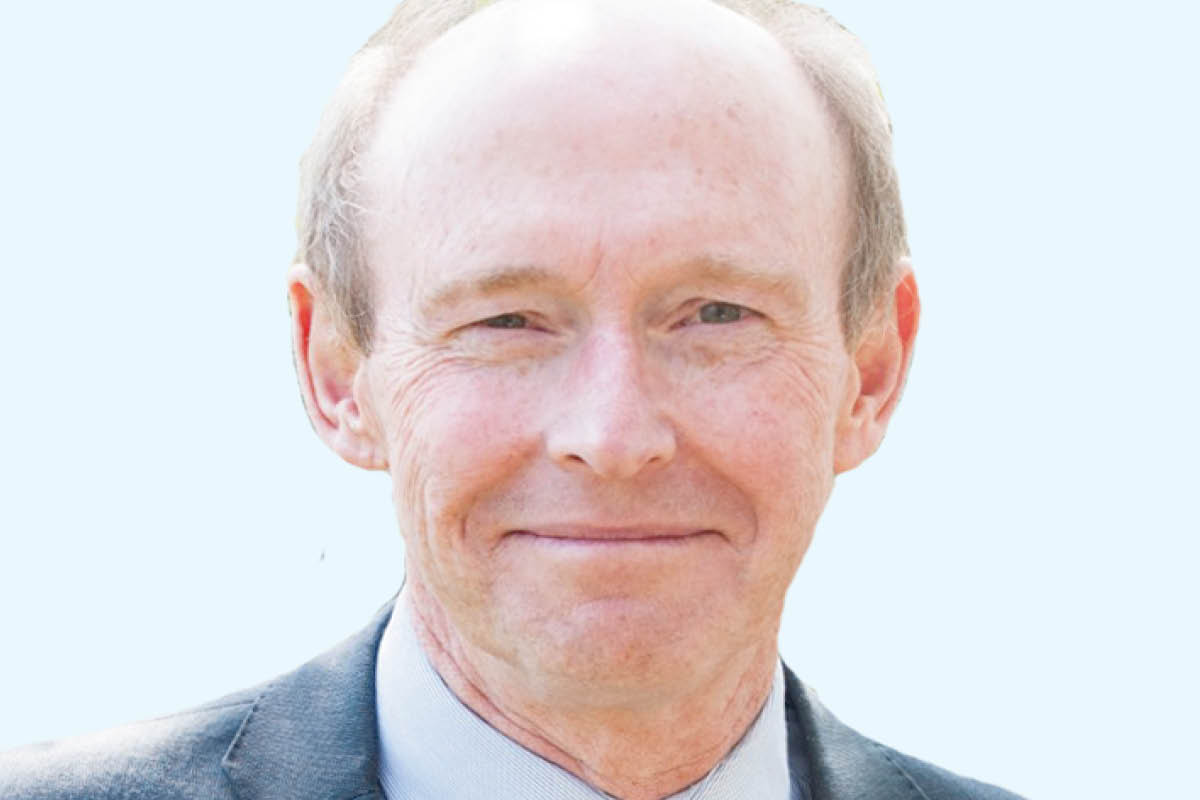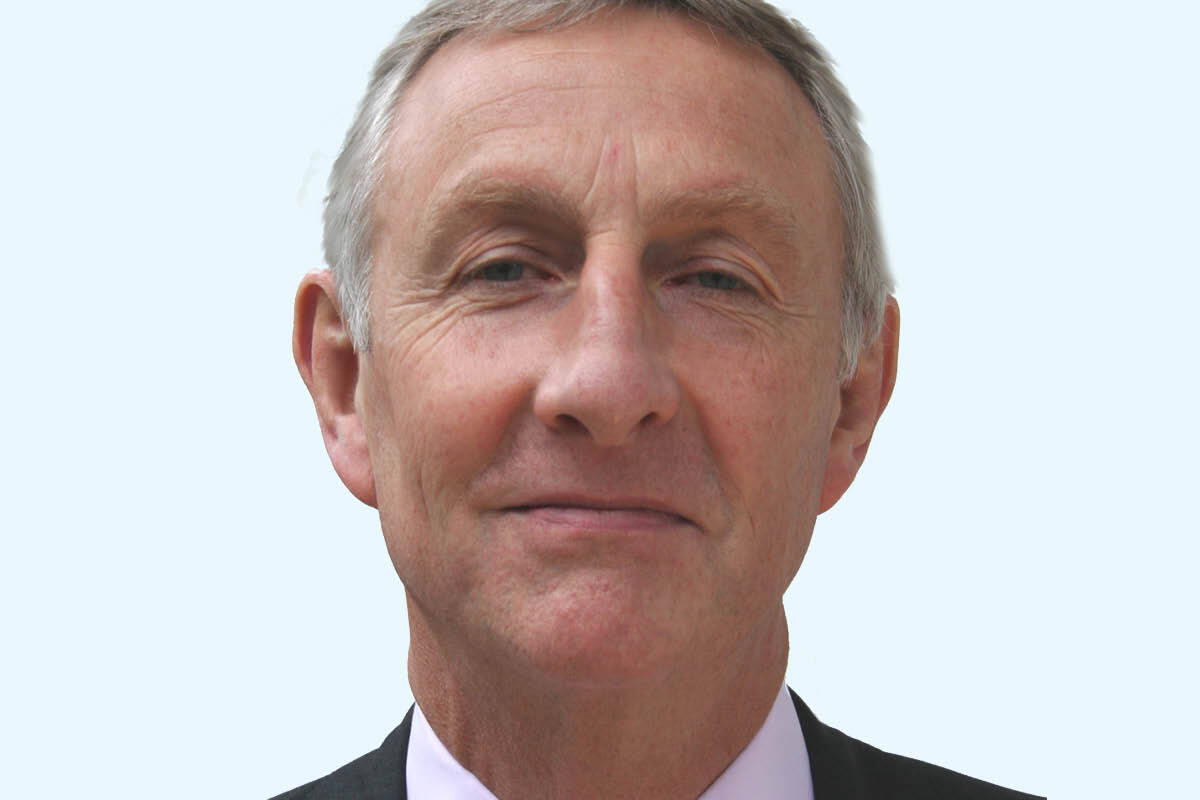15 minutes with… David Bogle, chair of Homes for Cathy
David Bogle is chief executive of Hightown and chair of Homes for Cathy, a homelessness pressure group of local government, housing associations and charities. He talks to Inside Housing about whether there are any votes in homelessness and where Homes for Cathy will go next
Why is it important that housing associations do more on homelessness?
We’ve not got a great reputation in the housing sector, with the damp and mould and disrepair that reporters have uncovered. But homelessness is a way we can recover the moral high ground. Most housing associations are doing some great stuff on homelessness, but we can do more.
As the Better Social Housing Review laid out, it’s about vision and social purpose, rather than getting bogged down in the details of exactly what information we’ve collected on our stock.
Seven years after you founded the group, what is next for Homes for Cathy?
We’ve got to try and reach some of the bigger London and national associations. Sometimes, there are issues when you’re taking over local authority stock and trying to do refurbishment projects. There’s local opposition and then they can’t get planning, so they end up housing people in temporary accommodation themselves, which ends up being not very high quality.
That’s where we’d like to make more impact: trying to get the bigger association boards to monitor what they do against the Homes for Cathy commitments as a kind of audit and see if they can do more.
Times are tough now, but housing associations still have resources – more than most organisations. We’re just lobbying for more of it to be devoted towards homelessness.
You have been campaigning to give the English Regulator for Social Housing more powers around homelessness. How is that going?
There’s a big focus on tenant engagement and involvement through the social housing regulator. We’re worried that in order to boost your ratings for your tenants, the easiest thing is to take people who are easy to manage, rather than homeless people who may have multiple issues.
In concentrating on what tenants want, you forget about what the people who haven’t yet got a tenancy want because they’re homeless.
We tried to get an amendment in the Social Housing Regulation Bill through the Lords, but it was turned down. But we haven’t given up yet. We’ve got a meeting with the regulator later this month, with [homelessness charity] Crisis helping us.
How do we get homelessness up the political agenda for the next general election?
The Department [of Levelling Up, Housing and Communities] seems to want to focus on the tenancy side of things, rather than homelessness. [Housing secretary] Michael Gove doesn’t seem all that interested, and there’s no great signs of Labour doing anything on homelessness.
My latest idea is we should have a rally in Parliament Square – a day of action. I’m not saying block the M25 or anything, but we ought to do something to raise the profile.
I don’t know how many votes there are in homelessness. A lot of homeless people won’t be registered to vote.
However, Shelter, Crisis and a lot of charities, they can raise lots of money for homelessness. So, somehow, there’s public support. It just dissipates when it gets to a central government level, unless you have a minister who takes a particular interest.
You are considering charging a membership fee to fund Homes For Cathy. What would that enable you to do?
We hope it would put things on a more professional, structured basis. Then maybe we can do research projects, maybe we could have someone devoted to the membership, someone devoted to PR and marketing. We had some regional workshops before COVID and they were very successful.
One day we might even have a director or chief executive of Homes For Cathy, to evolve a bit like PlaceShapers has evolved, but without charging a membership fee that ends up being prohibitive.
We’re also thinking if we ask a few chief executives of bigger associations on to the board, they’ll be a figurehead and we’ll raise the profile of Homes for Cathy.
Some of the founding members of Homes For Cathy have now retired. Will you keep going?
I think so. There’s a lot to do. You hope you can make a difference. But I never thought Tony Stacey [former chief executive of South Yorkshire Housing Association] would ever retire!
‘15 minutes with…’ series
In our ‘15 minutes with…’ series, we have a quick chat with the biggest names in the sector about the most important issues.
Previously, we have featured:
Mushtaq Khan, chief executive of the Housing Diversity Network
Barbara Brownlee, chief executive of Soho Housing
Eddie Hughes, former minister for rough sleeping and housing
Geeta Nanda, chief executive of Metropolitan Thames Valley Housing
David Bogle, chair of Homes for Cathy
Laurence Carr, money coach at Yorkshire Housing
Dinah Roake, chair of the London Housing Panel
Sheron Carter, chief executive at Hexagon
Helen Spencer, executive director of growth at Great Places
Julie Wittich, executive director of assets and sustainability at Accent
Ian Mulheirn, executive director of policy at the Tony Blair Institute for Global Change
Kevin Ruth, chief executive of Together Housing
Piers Williamson, chief executive of The Housing Finance Corporation
Seyi Obakin, chief executive at Centrepoint
Fayann Simpson, senior independent director at L&Q
Mark Perry, chief executive at Vivid
Rose Bean, executive director of assets and sustainability at Abri
Ruth Cooke, chief executive at GreenSquareAccord
Ben Denton, managing director at L&G Affordable Homes
Simon Dudley, chair at Ebbsfleet Development Corporation
Emma Palmer, chief executive at Eastlight Community Homes
Tracy Harrison, chief executive at Northern Housing Consortium












